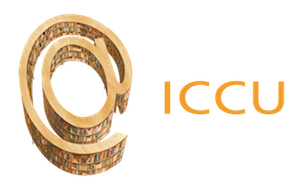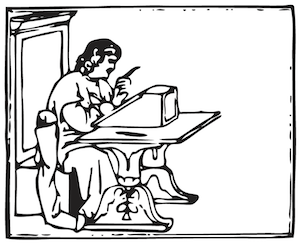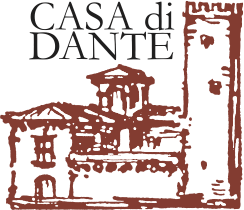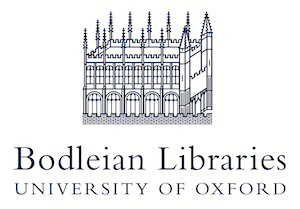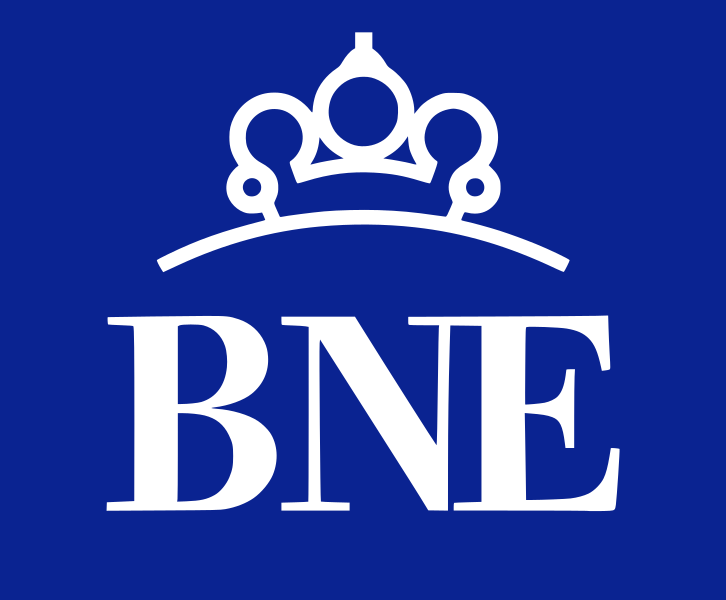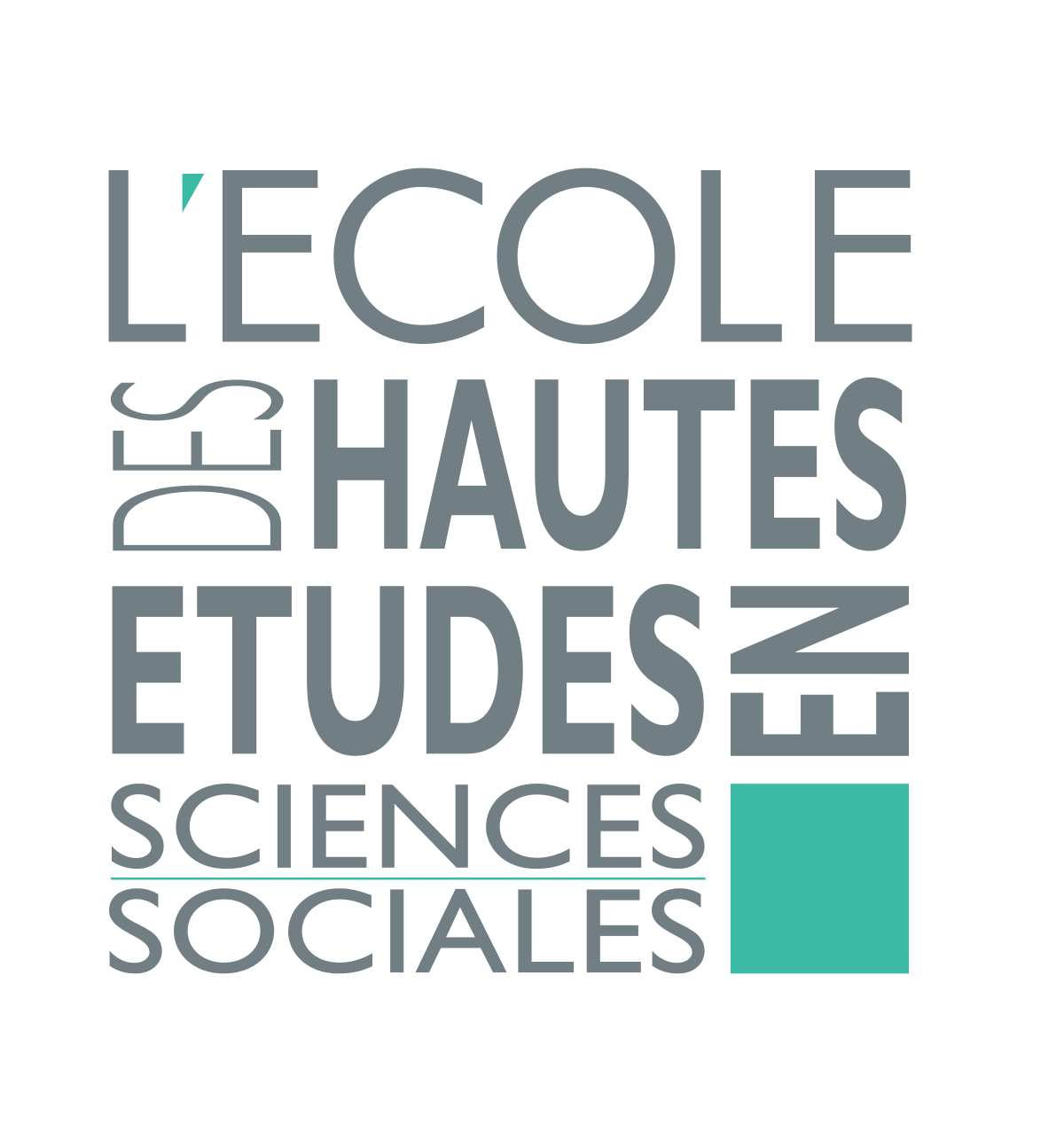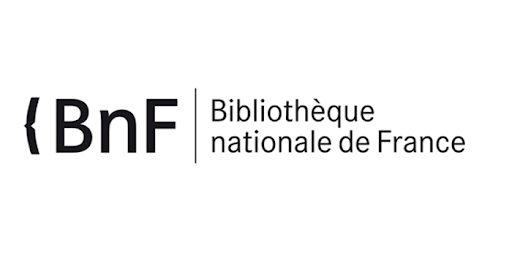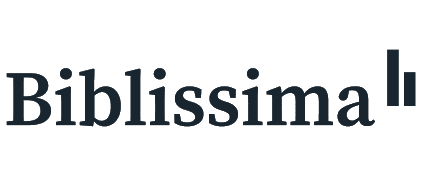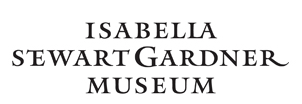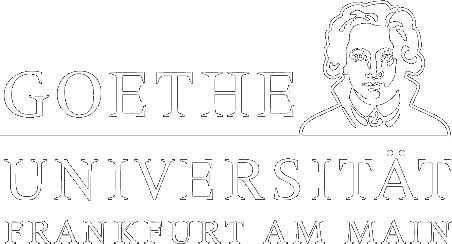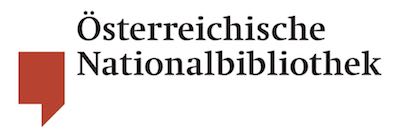Illuminated Dante Project
Illuminated Dante Project (IDP) nasce in seno al gruppo di
ricerca di Filologia Italiana dell’Università di Napoli “Federico II”
e si propone di allestire, in prospettiva del VII centenario della morte di
Dante Alighieri (2021), un archivio online e un database codicologico e iconografico di
tutti gli antichi manoscritti della Commedia di Dante provvisti di immagini che
intrattengano relazioni col testo del poema.
Il progetto ha costituito un corpus di circa 280 manoscritti
datati e databili tra il XIV e il XV secolo e
conservati in biblioteche, musei, archivi pubblici e privati nazionali e internazionali.
In virtù della sistematicità del suo intervento e per il rilievo dato alla
digitalizzazione del materiale manoscritto per scopi conservativi e di
ricerca, IDP ha ottenuto, grazie ad un’importante convenzione tra l’Ateneo
napoletano e la Direzione Generale Biblioteche e Istituti Culturali
(DGBIC)
del Ministero dei Beni e delle Attività Culturali e del Turismo, e con la mediazione del
Centro Pio Rajna
(CPR) e della
Casa di Dante in Roma,
il permesso di riprodurre online in alta definizione e in
conformità con i protocolli dell’International Image Interoperability Framework
(IIIF) tutti i codici
posseduti dalle biblioteche statali d’Italia (circa la metà del corpus). Ulteriori
concessioni e accordi di partenariato scientifico con i maggiori enti conservatori
internazionali coinvolti nel progetto (Biblioteca Apostolica Vaticana; Bibliothèque
nationale de France; Oxford Bodleian Library; British Library) e con altre istituzioni
nazionali non statali (Biblioteca dell'Archivio Storico e Trivulziana; Biblioteca
dell'Accademia dei Lincei e Corsiniana) contribuiscono a fare di IDP non solo il
più grande archivio digitale di codici miniati della Commedia di Dante, ma – allo
stato attuale – il più grande archivio in assoluto di codici
danteschi, da offrire in libero accesso a specialisti, lettori appassionati, e
curiosi del mondo di Dante.
La Convenzione con la Direzione Generale del MiBACT ha aperto la strada a uno scambio
privilegiato con l’Istituto Italiano per il Catalogo Unico
(ICCU) e con i
suoi laboratori: la digitalizzazione e metadatazione dei manoscritti sarà infatti gestita
in collaborazione con Internet Culturale
(IC), mentre le descrizioni
codicologiche integreranno la piattaforma di Manus online
(MOL) all’interno della quale
saranno interamente ricercabili attraverso una
sezione speciale
dedicata al progetto. Il catalogo IDP di Manus online sarà di séguito esportato – via
XML TEI-P5 – sul presente portale e integrato in un database in grado di elaborare
tutti i metadati concernenti lo stile e l’attribuzione delle
miniature, la complessa iconografia delle illustrazioni e
il rapporto tra le immagini e il testo sulle carte del codice. Il portale dantesco
dell’ateneo “Federico II”, infine, oltre ad accogliere le immagini in alta definizione
di tutti i manoscritti del corpus di cui verrà concesso il copyright
e a renderle interoperabili nella comunità web IIIF con uno specifico web app
manifest, attiverà un ipertesto della Commedia con parole chiave che rinviano al
corredo iconografico di ciascun canto.

